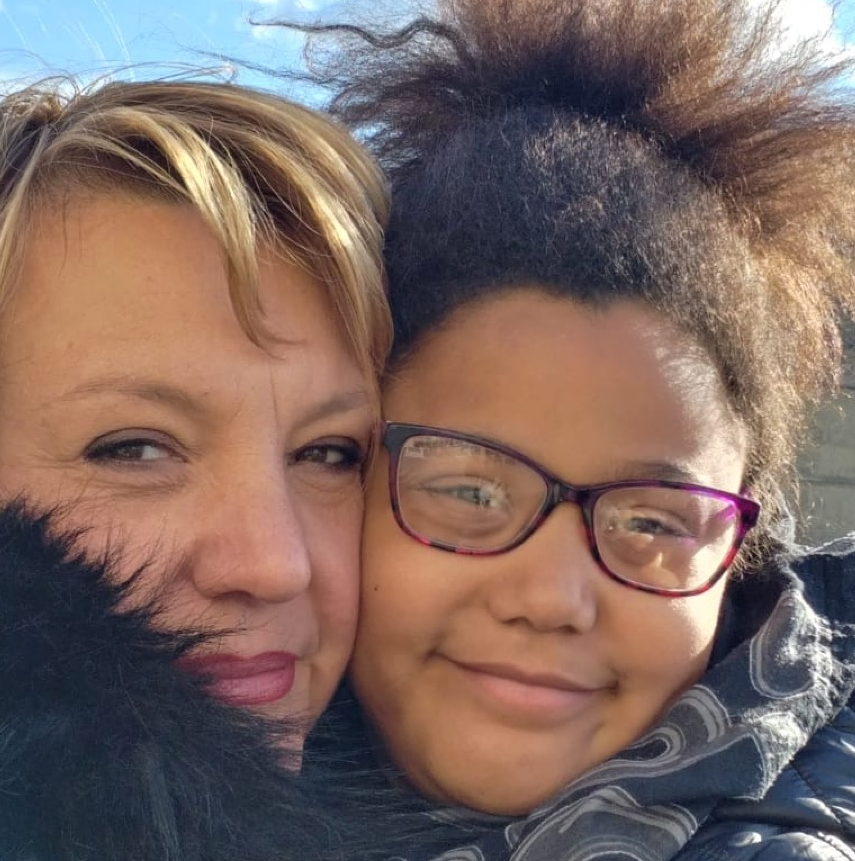
Welcome to the GARDIAN website, the Gaucher Registry for Development, Innovation & Analysis of Neuronopathic disease.

What is GARDIAN?
- A registry to improve disease understanding, management and support for patients with GD2 and GD3.
- Designed to study patients with GD2 and GD3 worldwide in a systematic and standardized manner.
- A research platform to provide evidence-based data for advancing disease management, designing safer treatments and improving patient outcomes.

GARDIAN is patient-led and owned by the IGA as a global community to drive research and ensure that we work together with researchers and pharmaceutical companies to have one disease registry.
GARDIAN will be translated into 7 languages to start with, these will be UK English, US English, Arabic, Japanese, Chinese, German and French.
What will it seek to do?

- Characterize patient populations with GD2 and GD3.
- Study the natural history of GD2 and GD3.
- Evaluate psychometric properties of nGD-specific patient-reported outcome (PRO) and caregiver-reported outcome (ObsRO).
- Examine current clinical care guidelines and definitions
- Understand adherence to current nGD guidelines to achieve international harmonization
- Examine severity scoring
- Examine diagnostic criteria
- Safety monitoring
- Identify patient populations eligible for clinical trials or other research projects
Our vision for GARDIAN
We will strive to develop a registry that will capture clinical data from physicians/HCPs treating nGD patients and patient (caregiver)-reported data.
Our vision is that patients will be able to enrol in the registry as site patients (by their clinicians) and non-site patients (through our patient engagement portal) wherever you live in the world.
Using information, we collected from patients and caregivers and clinical experience with patients we have designed a nGD-specific patient-reported outcome (PRO) and caregiver-reported outcome (ObsRO). Through GARDIAN we want patients and caregivers to add their own data through a questionnaire that asks quality of life questions to capture the wider disease impact.

